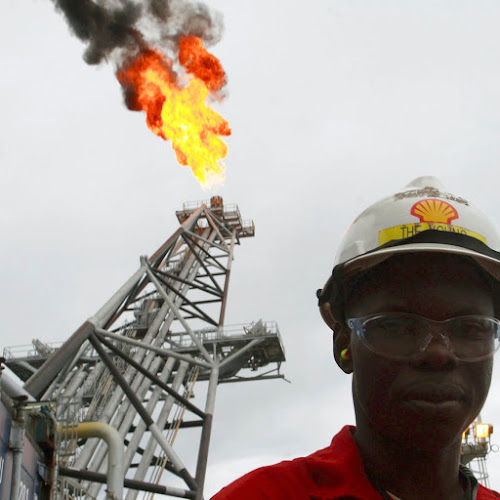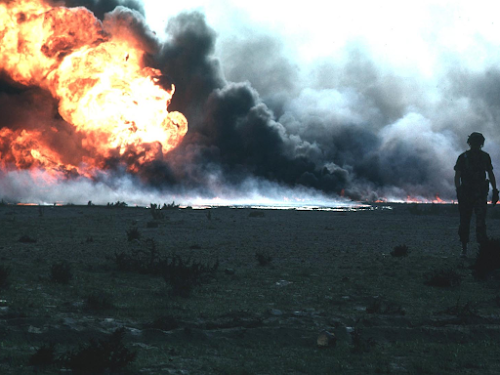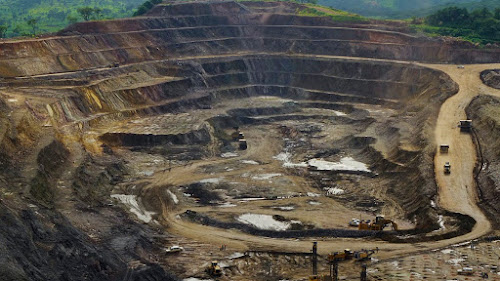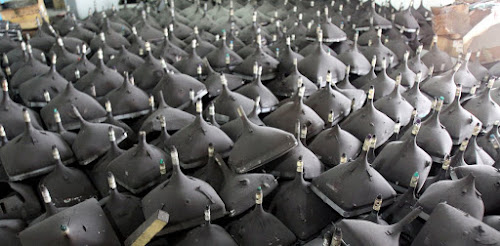Source efficiency: 4 ways Australia can maintain the great times rolling
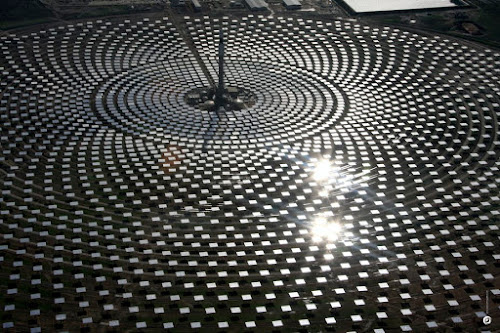
Great times for Australia maintained rolling whilst prices and demand for our sources were high. But boom-time gets on the wane, manufacturing is pressed and it's time for a major where-to-from-here discussion about the nation's economic climate. Sloppily, a concentrate on efficiency slid off the food selection when upsizing and more-of-the-same looked like the dish for success. Today's companies run with great unpredictability about the future. Federal governments and industry must currently redouble initiatives to prepare for new settings of success that improve efficiency and decouple source use from financial development. Opportunity knocks for doing more with much less. Based upon 2014 Globe Financial Online discussion forum estimates we determine that Australia's family member share of global financial opportunity originated from smarter use products, power and sprinkle could be $26 billion each year by 2025. Current research from ANU places this number also great...
